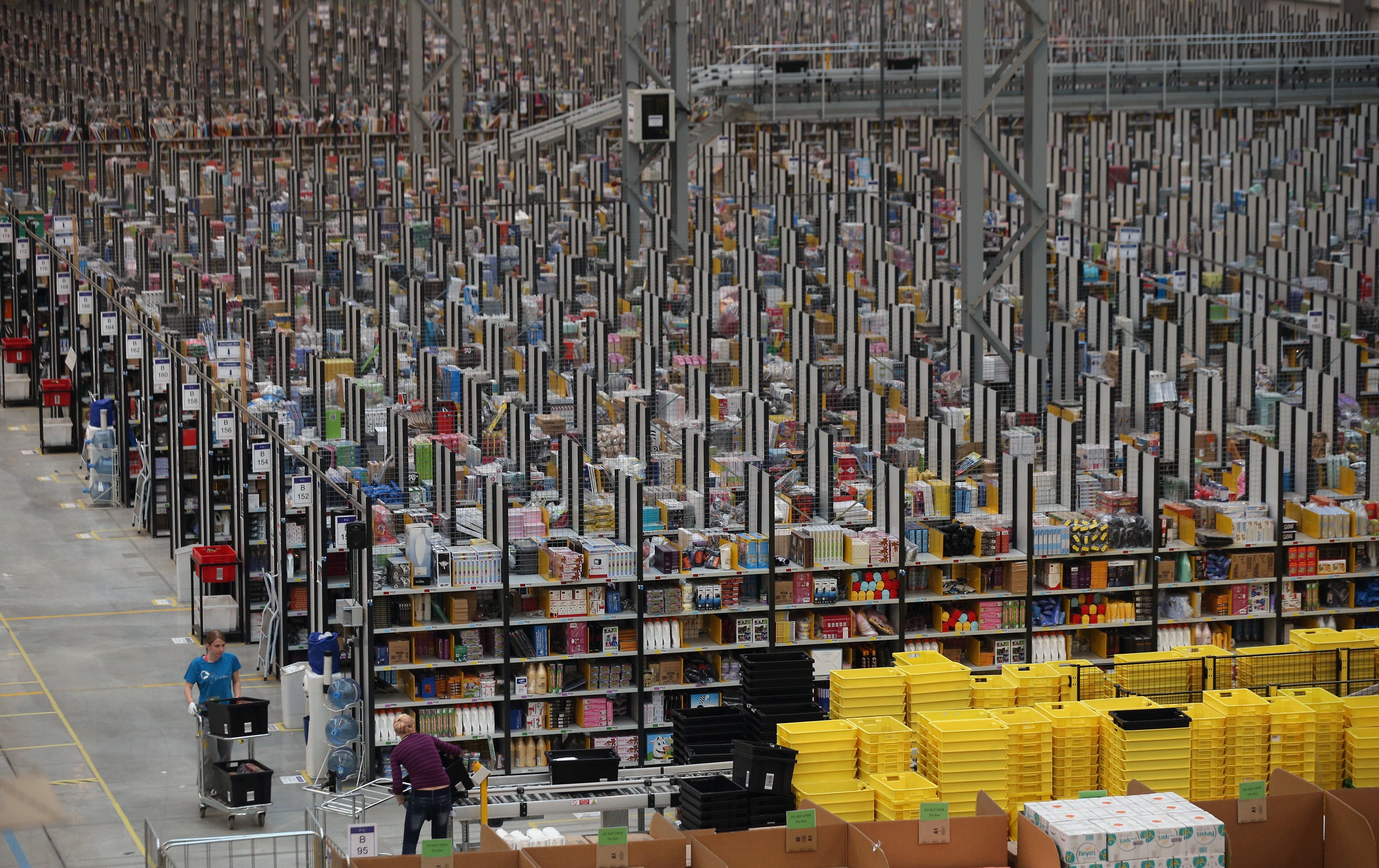I’ve written before on the importance of business being transparent and open with consumers, not only with any and all aspects of environmental sustainability, but also with labor relations and any social sustainability programs the the company is undertaking and not undergoing. The age where a company could close ranks around an issue and wait for it to go away has for the most part gone away. While it is true that the media cycle will rapidly move away from a story the more time passes, customers in the last 5-10 years are more and more willing to move away from or even boycott products or companies that aren’t honest or transparent with them.
Eventually, almost every corporation will get to the point where it is easier and better in the long run to take a more proactive and open approach with consumers, as well as trying to become a more sustainable company. This is even the case with giants, like Amazon. Amazon has historically been a quiet company, not only with it’s reports but also with it’s sustainability initiatives. The company has never released a sustainability report, and even heavily criticized giants like Walmart or Best Buy do more work with non profits and work more on trying to make their supply chain more efficient. In the past, this sort of behavior led to massive gains in business, but is starting to lose traction as a business practice.

In fact, Amazon has just hired Dara O’Rourke, a leading expert on supply chains and one of those who first created awareness of the rise of sweatshop labor. Ultimately it will remain to be seen exactly how Amazon will create a more open and transparent company more devoted to sustainability, but the need exists. As the 7th largest company by market capitalization, it could seem that Amazon is unassailable, but time has shown how unwilling people can be to support a company that is completely closed off to consumers. While drone programs to reduce fuel usage and further cut costs, as well as its pledge to make sure 40% of electricity is from sustainable sources by the end of 2016, there’s still a lot of work to be done. 
In fact, as discussed in the article, there’s a lot more Amazon could be doing to make customers more conscientious of the resources they are using. Psychologically, Amazon Prime giving customers free shipping gives people the ability to consider shipping as free, when it is demonstrably not so. In addition, for shipping Amazon only gives people the option of consolidating shipments into fewer boxes and deliveries, when this should be either required or heavily recommended.
Irregardless, Amazon still has a lot of work to do as they work towards being more sustainable and transparent throughout, and is yet another example of the importance of transparency in this day and age.
It is strange that such a big company like Amazon has not been required to implement sustainable regulations. perhaps, its the nature of the company’s service that is not thought of in a sustainable frame as other companies. However, I completely agree with you. There is a lot of work to be done and a lot of implementations.
On the other hand, it is important to notice how Amazon is not very vocal about their plans. Even though we see a trend of communication and exposure, this does not necessarily mean more sustainable. IT is good for businesses to promote themselves as sustainable. Some companies however, have had campaigns without such an intense promotions of sustainability for a long time now. H&M is a great example, with organic cotton lines and sustainable clothing lines. Yes, there has been marketing, but it is not the focus of the company.
I guess Amazon is another story though, because of its Unsustainable past. All I am saying is that, if there is a sudden radical increase in communications from Amazon, there is reason to be suspicious. Is it being done due to a change to a more honest and exposed strategy?or is it only trying to gain a better reputation
I agree with both of you that Amazon has a long way to go in terms of actually following through on its sustainability commitments. While the company is hoping to reduce its environment footprint, I find it quite ironic that a formerly online company is now opening physical bookstores.
In late 2015, Amazon opened its first brick and mortar store in Seattle and is looking to expand to other US locations this year. There are many theories why Amazon has decided to enter the physical retail world such as falling e-commerce sales, improving the customer experience, saving on shipping costs, and decreasing delivery times. From a sustainability perspective, how will this affect Amazon’s impact on the environment? Will the emergence of many retail stores decrease the company’s environmental footprint due to less direct door-to-door shipping? In contrast, will a decrease in shipping emissions be enough to offset the energy consumption of each store and consumers commuting to and from the store? By entering the offline retail industry, Amazon is now facing a new competitive landscape and will likely experience logistical constraints. Thus, I find it worrisome that the company’s strategic expansion plan may overshadow its actions and take precedence over its new sustainability goals.
For more information about Amazon’s expansion plan, visit: http://www.forbes.com/sites/greatspeculations/2016/02/11/why-would-amazon-open-physical-stores/#65ba0b3c3a1a